Health Issues from Synthetic Vitamin Supplements
Health Issues from Synthetic Vitamin Supplements
The knee-jerk reaction to a nutritionally imbalanced diet is usually synthetic supplementation. Why? It’s easy. “I didn’t consume enough calcium today (or ever). Take a supplement, that’ll prevent me from getting osteoporosis or fill it whatever other disease!”
Whether you are taking supplements per a health professional’s recommendation or self prescribing, you could be doing more damage than good! I’d like to share why below.
Did you know that about 40% of supplements are contaminated or they don’t contain what they say the do? Additionally, most people fail to read the nutrition label on supplements or do their research before buying and many supplements contain dyes, preservatives, gluten, soy and even some GMO ingredients. These are things you are likely taking some effort to avoid in your day to day eating but then your nutritional supplement might be containing these things. Also, don’t think because it is in a health food store that is either healthy or safe.
Did you know, if you are self prescribing supplements without concrete knowledge of what you body does or doesn’t lack then you aren’t helping yourself any and you could also be doing some damage?
Additionally, synthetic supplements are unnatural and often times not fully convertible to nutrients in the body, plus they can often be toxic. Joel Fuhrman, MD recently discussed this. He shares that studies linked Folic acid in multivitamins to breast cancer, excerpt of his paper is below:
“Women who take conventional multivitamins may be endangering their health. A nine year study in Sweden found that women who took multivitamins were actually more likely to be diagnosed with breast cancer. Why?
The researchers think that it could be the high dose of folic acid found in most multivitamins.
Folic acid is the synthetic form of folate, one of the B vitamins. Natural folate, abundant in green vegetables, is known for preventing neural tube defects during early pregnancy, and is also important for immune function, cardiovascular health, and cancer prevention.
Taking synthetic folic acid is not the same as getting natural folate from plant foods. The body processes folate and folic acid differently. Real folate from food is protective, fake folate from supplements may be dangerous:
- A study compared breast cancer mortality rates between women who took folic acid during their pregnancy and those that did not. Thirty years later those women who followed the typical recommendations to take folic acid were twice as likely to die from breast cancer.
- A 10-year study on women taking multivitamins concluded that those who took multivitamins containing folic acid increased their breast cancer risk by 20-30%.
- A study investigating both food folate and synthetic folic acid found that only supplemental folic acid increased breast cancer risk. In other studies, women with low levels of food folate intake were more likely to be diagnosed with breast cancer.”
Did you know that synthetic vitamins are man made in the lab? They are concentrated chemical ingredients. You heard it, chemical ingredients. Plus, most companies get their “vitamins” or chemicals from a leftover process of some other companies manufacturing process.
Nature intended for us to consume food in its WHOLE form because all the vitamins, minerals, antioxidants and enzymes are together in one package and work synergistically together to bring your body the nutrition that it needs. When you take one part away from the whole, you get “Synthetic”, “Isolated” or “Fractionated” pieces of the whole, but it is simply not the same. Often times, since there are missing components when you take a synthetic supplement, your body can’t even use the synthetics. Talk about a waste of money!
If the generally accepted belief is that whole foods are better for you than refined foods why should it be any different for vitamins?
It isn’t any different, the wool has just been temporarily pulled over your eyes.
In summary, be sure you read your labels! It is important to educate yourself about what you’ll be putting into your body and supplements are no different than anything else.
Whenever possible consume whole foods for vitamins and nutrients and when absolutely necessary turn to a whole foods supplement instead of a synthetic one. See the difference below where Juice Plus carries a Nutrition Fact Label (which means it is FOOD) and Supplements carry a Supplement Facts label. Which one would you rather put in your body or your child’s? Plus we provide it free for your child for four full years with an adult product purchase. It doesn’t get an easier than that!

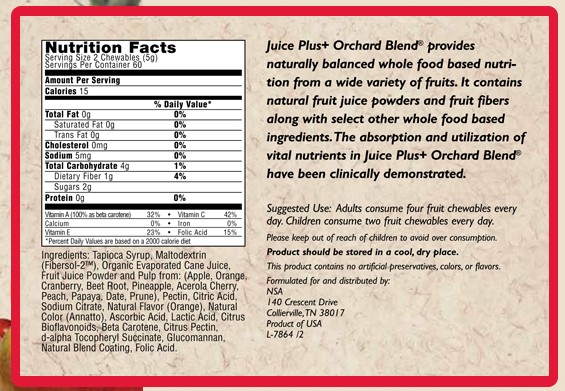
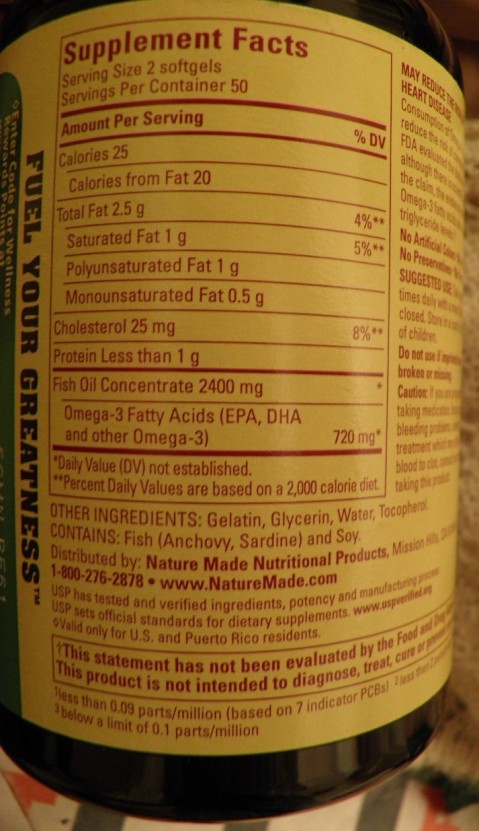



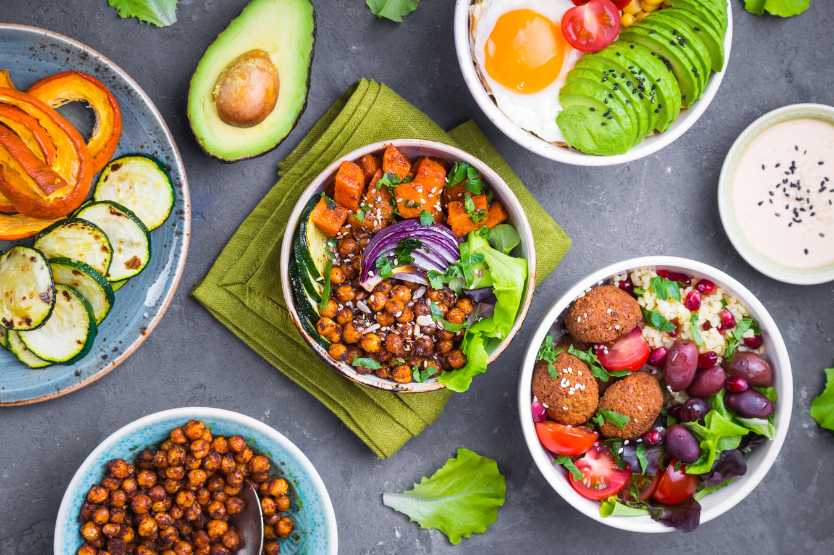

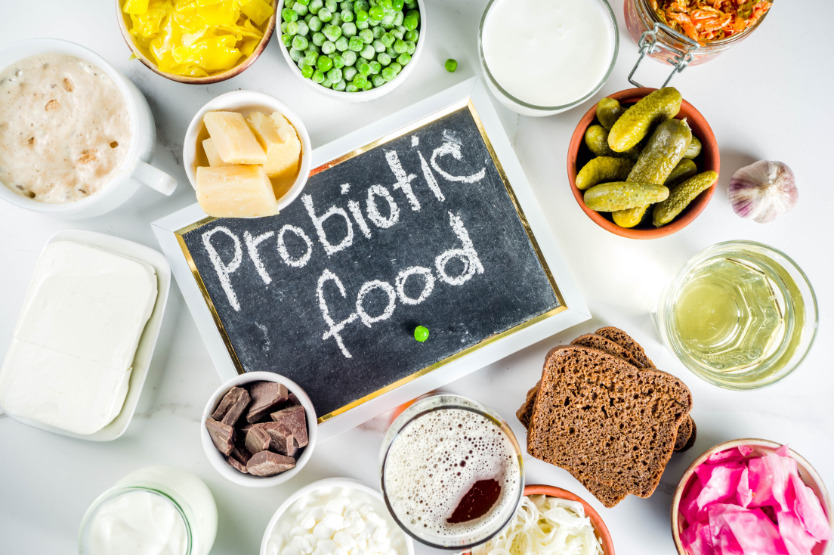
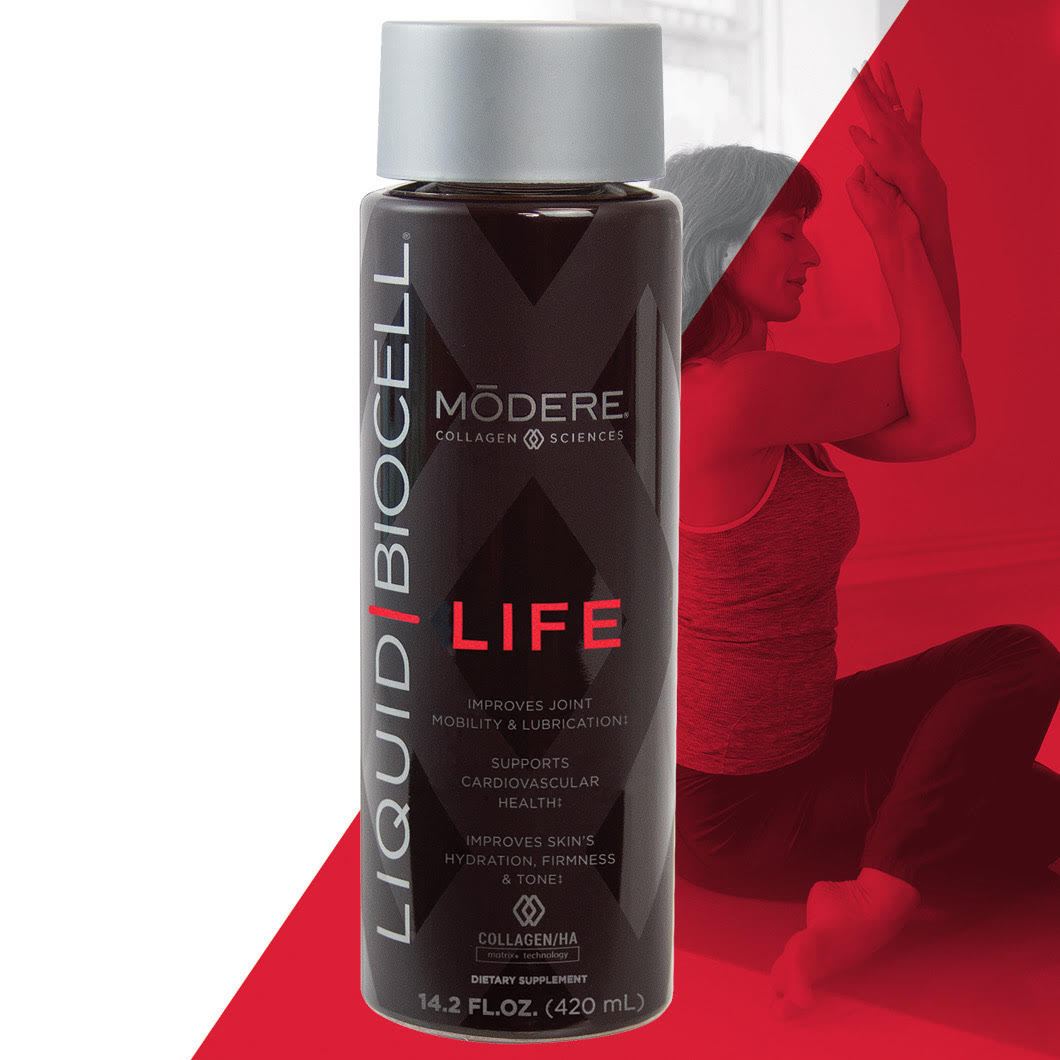
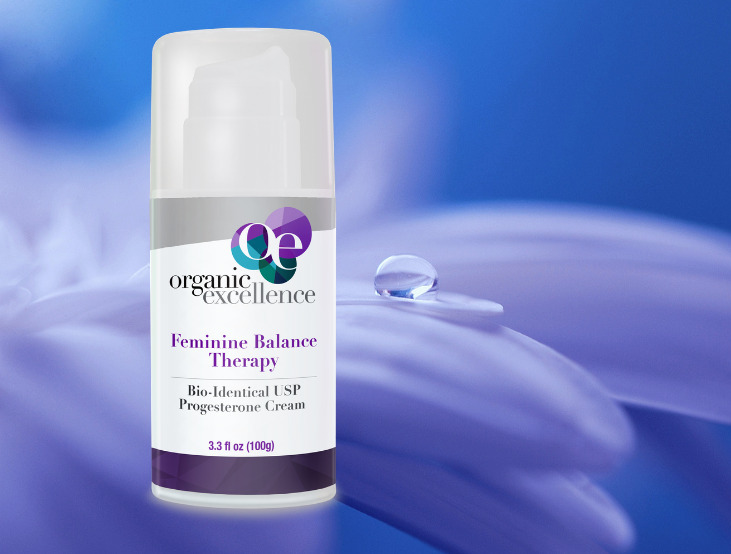


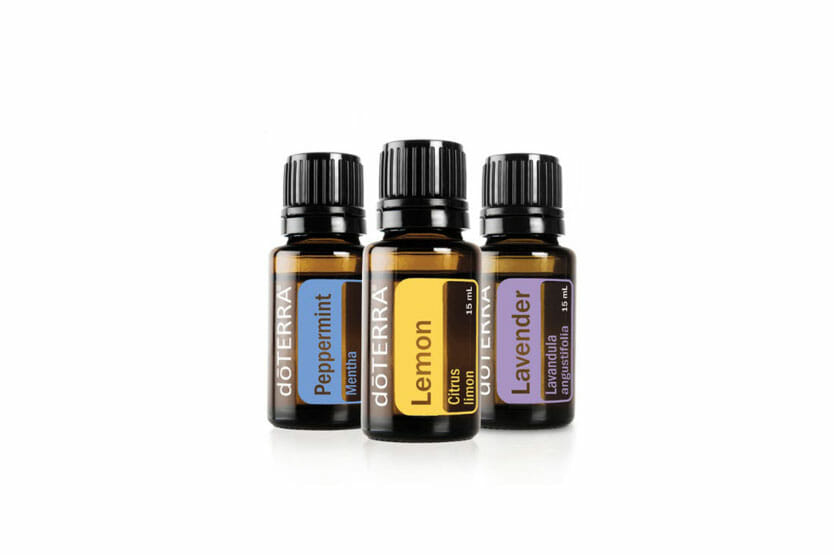





Love Love Love…. Great article Bonnie. You are so great at getting good, clean, reliable information out to us. Thank you so much for your great work.
rhonda
Food based vitamins have the same inherent problem for people as does food. It helps to understand how the process works. First you have to digest your food. This is a problem for many and one of the reasons why so many people are malnourished, even when they eat. Next you have to process the food down to its core elements, what is ultimately delivered to the cell is an ISOLATED Vitamin. It’s not what you eat, it’s what you can deliver to the cell.
Super food extracts such as Betaine and Glycine are actually more effective than food, For example it takes over 2 pounds of beets to produce 1,000 mg of Betaine.
Lastly notice that on the product with a Nutrition Facts label it contains Ascorbic Acid and Folic Acid.